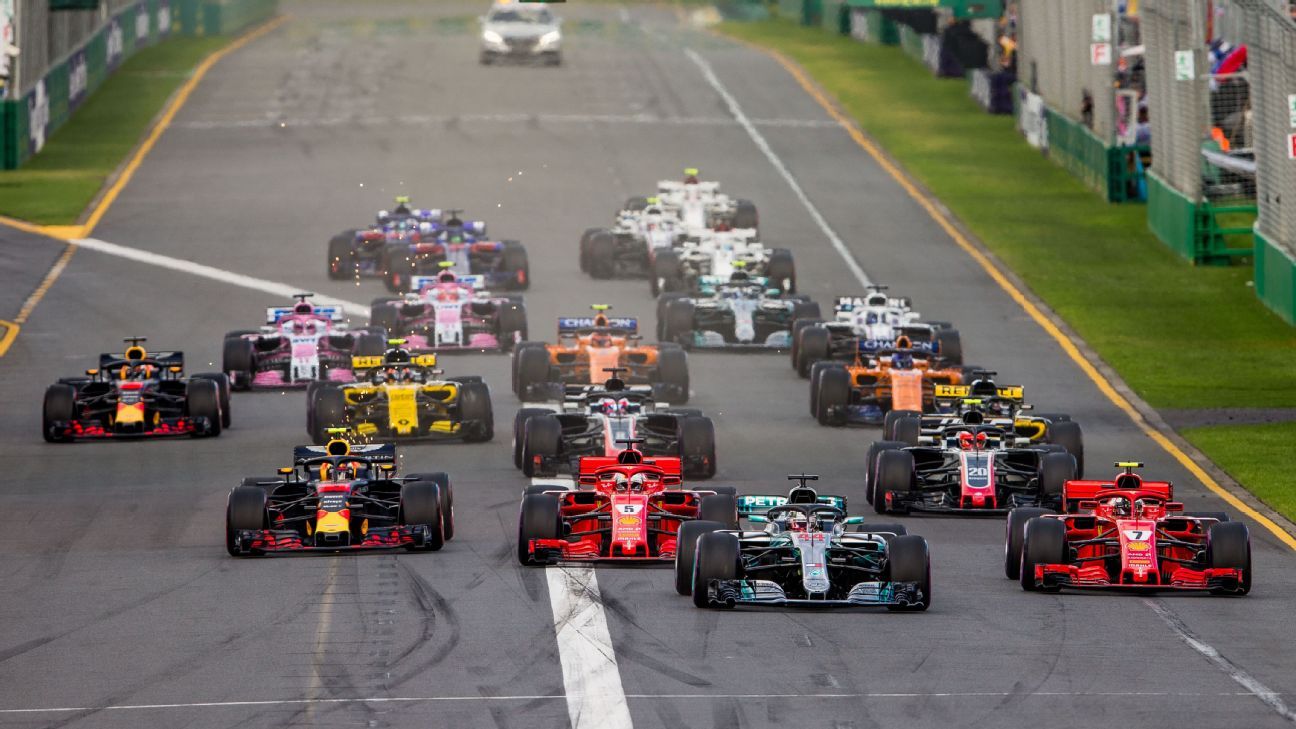One sport I bet most of you have not heard of is Formula 1. Formula 1 is the highest form of racing and very popular in Europe. Unlike American sports that try to level out the playing field, Formula 1 throws all of that right out the window.

In Formula 1 there are 10 team each with 2 drivers. Some of these teams include major automobile manufactures such as Ferrari, Mercedes, McLaren, and Renault. Throughout the course of the season teams and drivers earn points based on what place they get in the races. At the conclusion of the season, the teams receive their pay based on how they finished in the standings, as well as some other bonuses.
As suspected this leads to huge performance differences between the top and bottom teams. Teams who have traditionally done well, like Ferrari and Mercedes, receive the biggest chunk of cash at the end of every season. This means they are able to invest more into their car for the next season. Teams like Alfa Romeo on the other hand who don't do as well, receive much less than the top teams, meaning that they can't afford to produce as good of a car as the top teams. This results with the same top team winning year after year, and the bottom teams not being able to recover.

As this system is bad enough though, it gets worse. Once again, teams like Ferrari, Mercedes, and McLaren who have long standing traditions in the sport get a sort of legacy bonus at the end of every season. This allows them to even further propel themselves ahead of the competition.
For years now Formula 1 fans have been requesting the FIA change this format so that the racing is more entertaining for viewers and so that they can see closer races, instead of the same 4 drivers winning every race.
Sources:
https://youtu.be/FDrolrgtuIk
This seems like a really challenging problem, and I'm not sure that just changing the FIA rules would be able to fully fix it. Yes, the playing field could be leveled in terms of prize cash. But it seems to me like that wouldn't be all of the revenue that these teams make, since advertising in large televised events like this is really profitable. If you look at F1 cars, it's pretty obvious that these companies make a lot of money from ads, shown by the logos plastered all over the cars. And it also makes sense that the winning teams would often end up with the highest paid sponsors, since those teams got the most attention. So even if the Formula 1 prize money was leveled between each company, there would still be a large gap between the richest and poorest teams.
ReplyDeleteKeeping races entertaining while also balanced seems to be an issue across all forms of automobile racing. F1 seems to have a problem of having the same couple teams win races every time, as there is no salary cap or form of balancing out competition. On the other end of the spectrum there is NASCAR, where races are a lot more standardized than in F1. NASCAR has the opposite issue from F1, as races are too tight, even earning a reputation of being a sport where a bunch of identical cars take left turns for several hours. In terms of making races as entertaining as possible, and not having them be too lopsided such as in the case of F1, or too close such as in NASCAR, the automobile racing industry must find a happy medium between the two. This would mean that a racing league would have to balance keeping races fair yet still give racing teams enough freedom to be competitive, in order to maximize how entertaining they are.
ReplyDelete